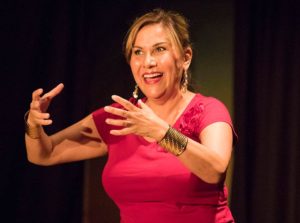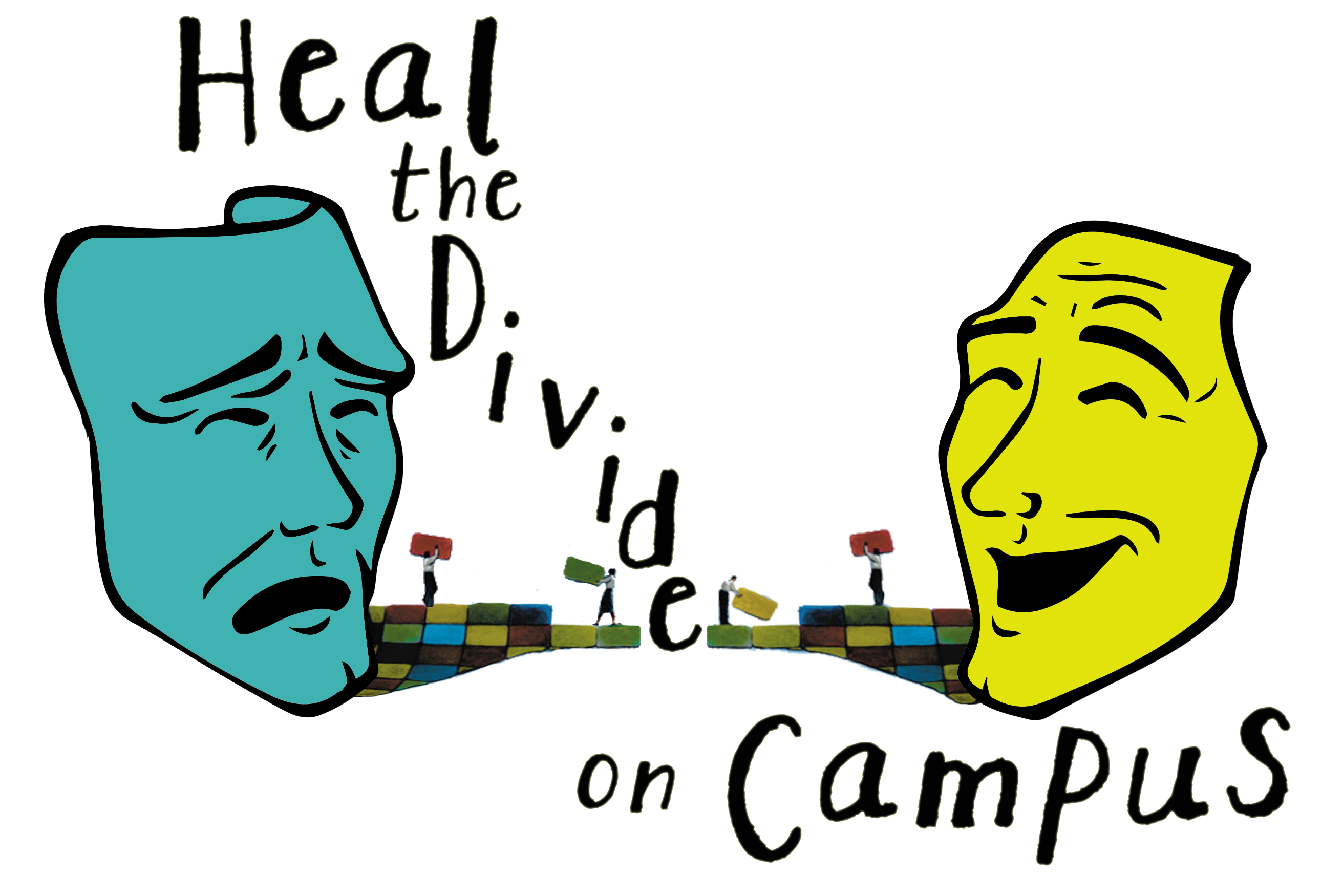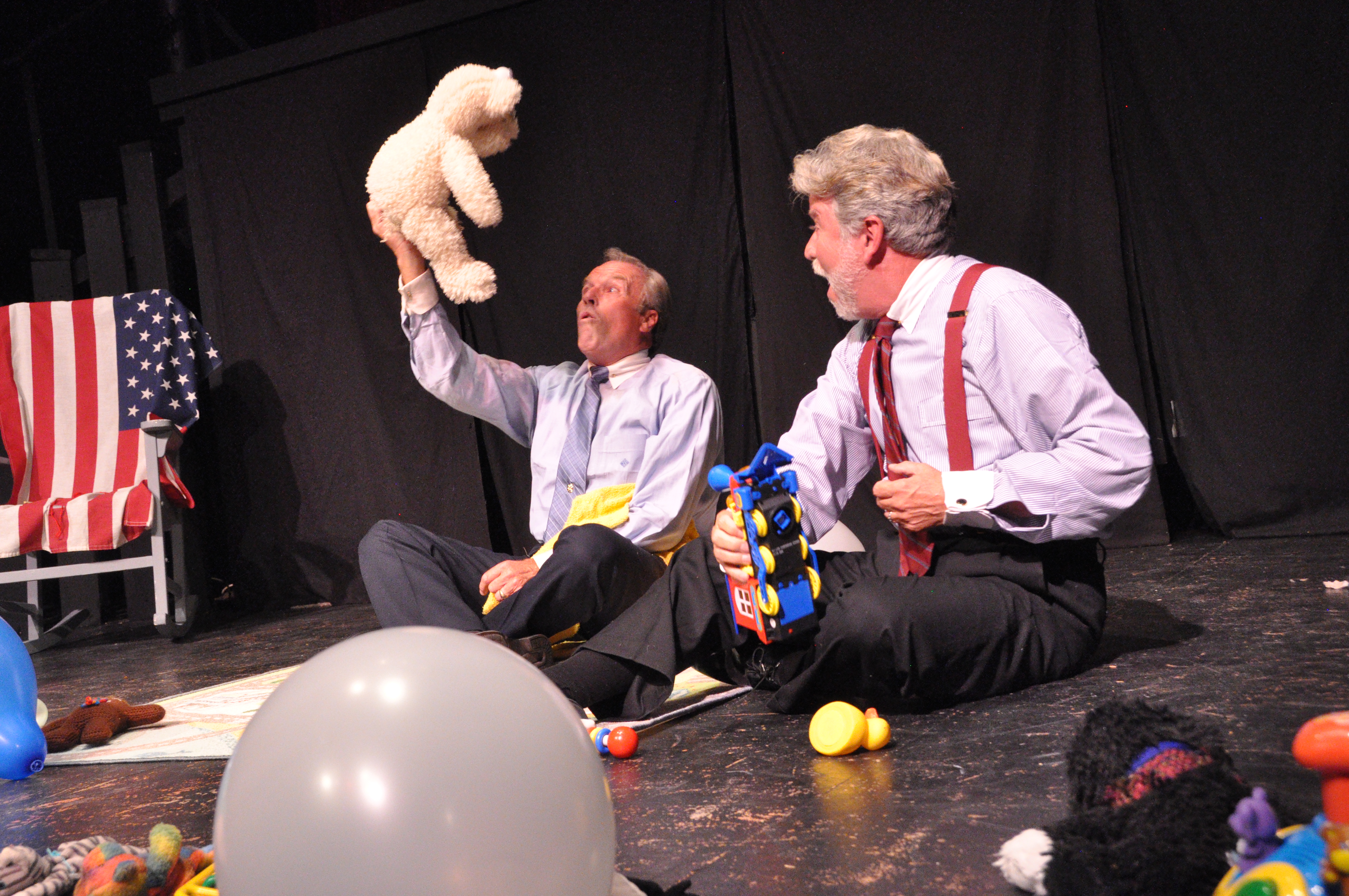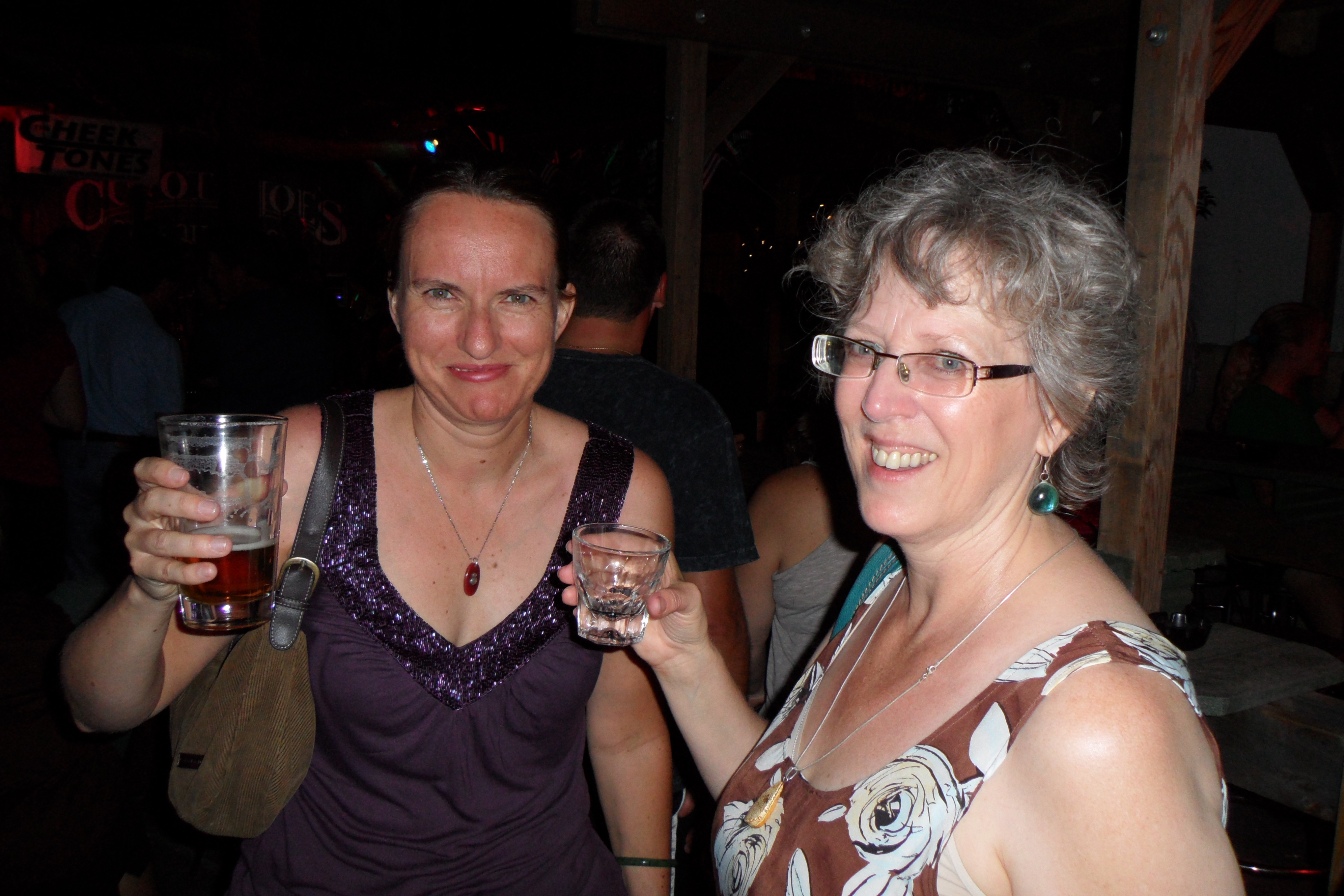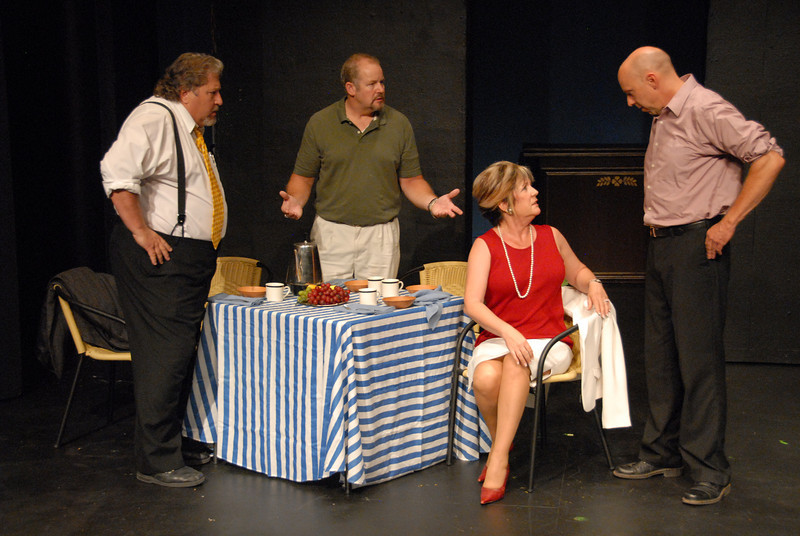By Guest Blogger, playwright Jen Huszcza
 Tiffany has blogged and talked about the peer review of submissions for the Onstage Project festivals many times. This year, I thought I would add my own two cents as someone who participated.
Tiffany has blogged and talked about the peer review of submissions for the Onstage Project festivals many times. This year, I thought I would add my own two cents as someone who participated.
Every year for the last four years, I have sent scripts to Tiffany for the Onstage Project; then a month or so later, she will send me anonymous scripts by other playwrights to read.
I was unenthusiastic about reading submissions the first year. I had read scripts professionally and burned out on it. However, for these last two festivals, it was interesting to see how other playwrights handled the themes of Planting the Seed and Outside the Lines.
This time, there were two scripts in my pile that I really liked. One was called Slut about a young Indian woman trying to find love away from her traditional and television watching parents. Her characters were living beings, and that’s hard to pull off in short plays. The other play was called Down There and it was about a woman and her talking vagina. She had me at the talking vagina.
Then, I was excited to see both plays were semi-finalists.
Those are my girls! I exclaimed to my computer screen.
Then, I realized it was probably better to say: Those are the plays-written-by-women-which-I-thought-highly-of!
It was also exciting to put a playwright to the play. Slut was written by Naya Agrawal, and Down There was written by Sharon Goldner.
I don’t know these two playwrights personally. We don’t all hang out in the female playwrights cave or go to female playwright bridge nights. Still, it was really fun to meet their girls (I mean, their work).
In my middle age, I no longer gush, so I apologize if I ever meet these two ladies and seem standoffish. But Naya and Sharon, I liked your plays a lot.
As a reader, I can not put what appeals to me as a formula or some specific standard. I will say that I look for creativity. I look for something I have never seen before (I have read a lot, so there is a lot I have seen before). I wasn’t counting pages as I read these plays. Instead, I didn’t want these plays to end. They reached out from the page and grabbed my imagination. I still think about them and smile.

